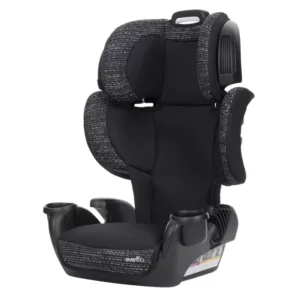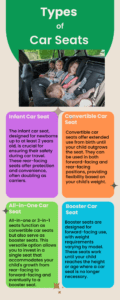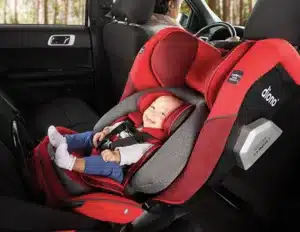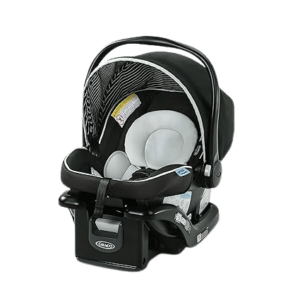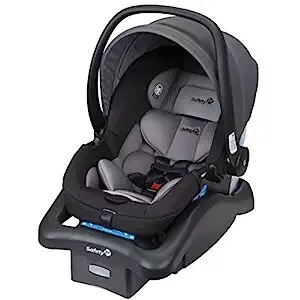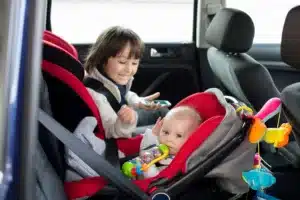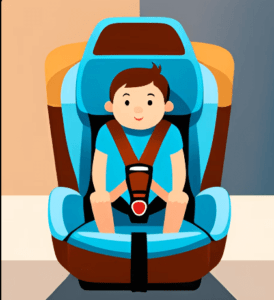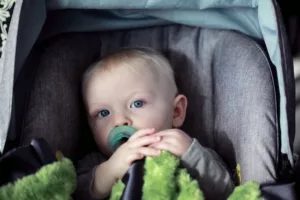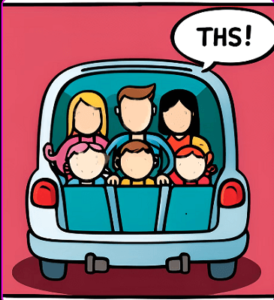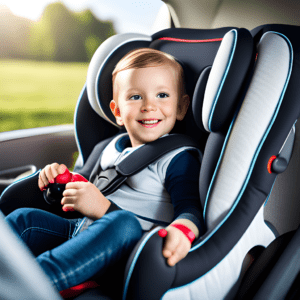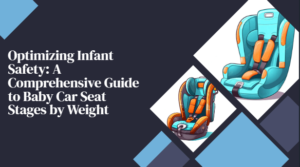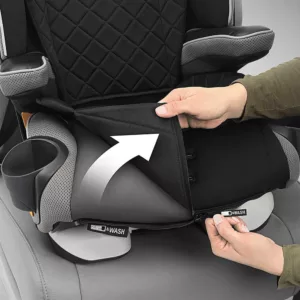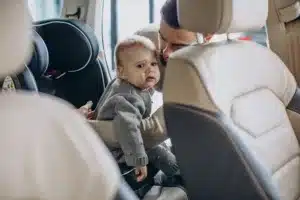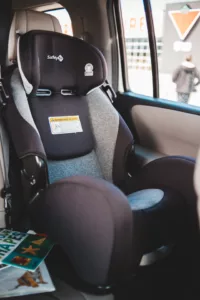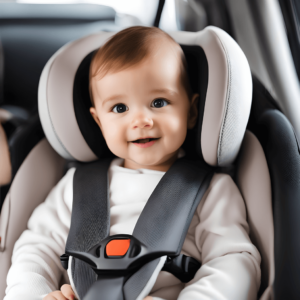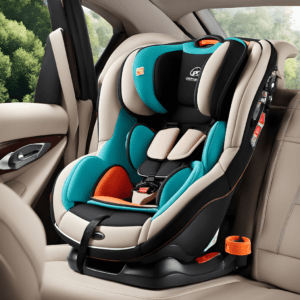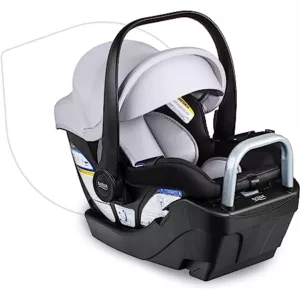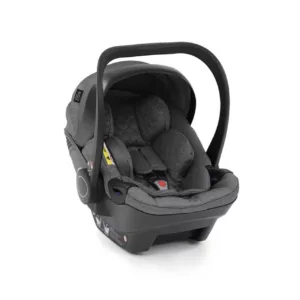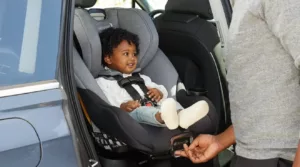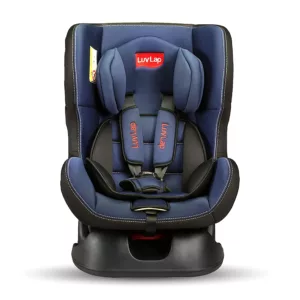In the hustle and bustle of daily life, one aspect that demands our unwavering attention is ensuring the safety of our youngest passengers during travel. Car Seat Laws Iowa, outlined in Iowa Code 321.446, Data Code 198a offers clear guidelines and regulations to safeguard children in moving vehicles. Let’s journey through the critical points of the Iowa infant car seat laws and explore how they contribute to ensuring the safety of Iowa’s little travellers.
Thank you for reading this post, don't forget to subscribe!Info-Graphics Car Seat Laws Iowa:
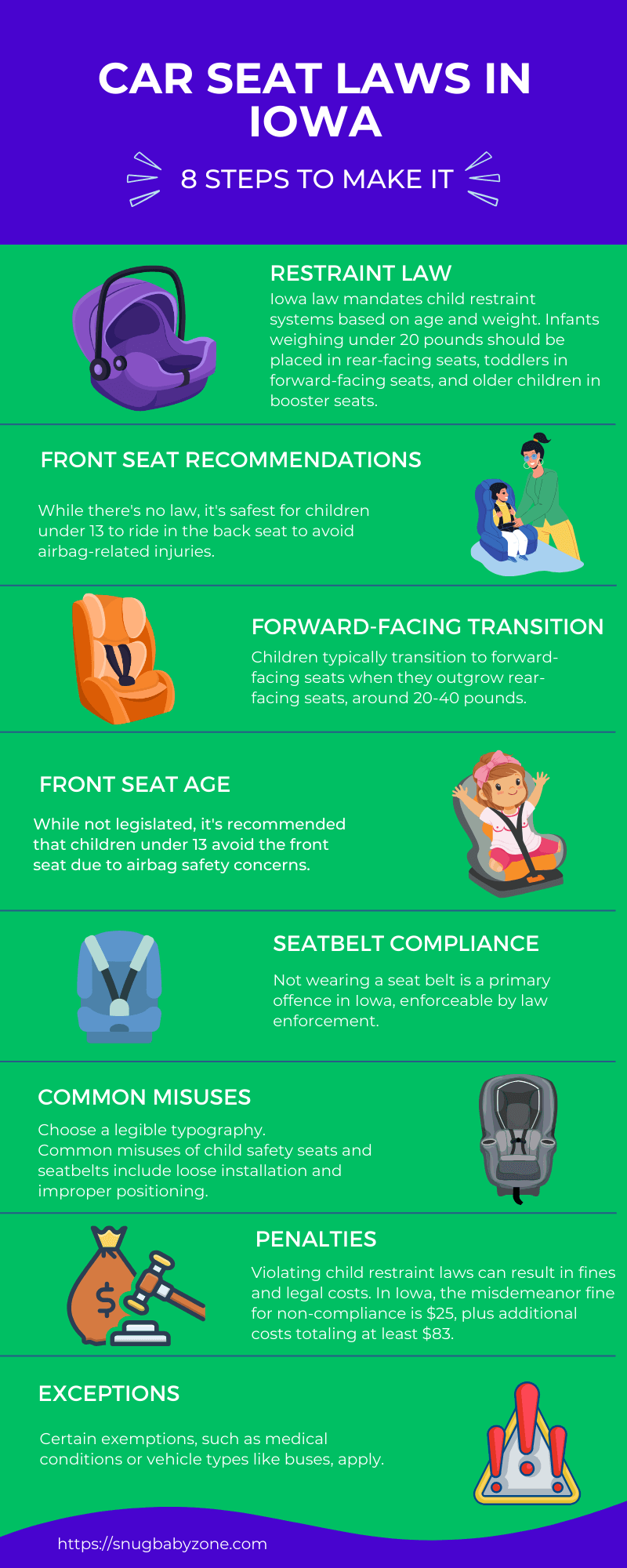
Table of Contents
ToggleUnderstanding Car Seat Laws Iowa:
Key Points:
- Age and Weight Criteria: According to car seat laws in Iowa, children under one-year-old and weighing less than 20 pounds must be securely placed in a rear-facing child restraint system. A child restraint system, such as a safety seat or booster seat (not a seat belt), is mandatory for children aged one to six. Children ages six to eleven must either use a child restraint system or be secured by a safety belt.
- Responsibility and Penalties: The driver is responsible for ensuring compliance with the law. Failure to adhere to the child restraint requirements may result in a misdemeanour fine of $25 and additional costs totalling at least $83. Both residents and non-residents of Iowa must comply with these regulations.
- Proper Usage: Child restraint systems must be utilised per the manufacturer’s instructions. It is essential to ensure that the child is securely fastened within the restraint system and that the system itself is correctly secured to the vehicle. Non-compliance is probable cause for a vehicle stop, and law enforcement officers have the authority to investigate suspected violations.

Exceptions and Safety Measures Car Seat Laws in Iowa:
While Iowa Car Seat Laws lay down strict guidelines, it also recognises certain exceptions to accommodate particular circumstances. Children certified by a physician as unsuitable for restraint use due to medical, physical or mental disabilities are exempt from the law’s requirements.
Additionally, specific vehicles, such as buses, motorcycles, and those manufactured before 1966, have different regulations regarding child transportation.

Ensuring Safe Transportation: Common Misuses and Recommended Standards
- It is essential to understand typical misuses of child safety seats and safety belts.
- From improper installation to incorrect seating positions, understanding these misuses can help prevent accidents and injuries.
- Additionally, adhering to nationally recommended standards for child restraint systems, such as rear-facing seats for infants and booster seats for young children are essential for safe transportation.
Conclusion: Car Seat Laws Iowa
Car Seat Laws Iowa serve as a beacon of safety, guiding parents, caregivers, and motorists in prioritising the well-being of children during travel. By understanding and adhering to the regulations outlined in this law, we can create a safer environment for Iowa’s little passengers, ensuring that Every journey is secure and enjoyable.
Frequently Asked Questions Car Sea Laws in Iowa:
Q1. What is the restraint law in Iowa?
- The restraint law in Iowa, as outlined in Iowa Code 321.446, mandates specific requirements for securing children in vehicles. Children under one year old and weighing less than 20 pounds must be secured in a rear-facing child restraint system. Children between the ages of one and six are required to utilise a child restraint system, which may consist of a safety seat or booster seat. Similarly, children aged six to eleven must employ either a child restraint system or secure themselves using a safety belt.
Q2. What is the front-seat law in Iowa?
- Iowa car seat laws do not have a specific law regarding the age at which a child can sit in the front seat. However, it is generally recommended that children under 13 sit in the back seat, primarily due to safety concerns related to airbag deployment.
Q3. How much should a baby weigh to face forward in a car seat in Iowa?
- Car Seat Laws Iowa has no specific weight requirement for transitioning a child to a forward-facing car seat. However, it’s recommended to follow the guidelines provided by car seat manufacturers, which typically suggest transitioning to a forward-facing seat when the child reaches the weight limit specified for the rear-facing seat, usually around 20-40 pounds.
Q4. Can a 9 year old sit in the front seat in Iowa?
- While there are no specific car seat laws in Iowa dictating the age at which a child can sit in the front seat, it’s generally recommended that children under 13 years old sit in the back seat, primarily due to safety concerns related to airbag deployment.
Q5. Is not wearing a seat belt a primary offence in Iowa?
- Yes, not wearing a seat belt is considered a primary offence in Iowa. Iowa car seat law enforcement officers can pull over a vehicle solely for seat belt non-compliance without needing any other traffic violation as a basis for the stop.
Related Resource:
- Montana Car Seat Laws
- Booster Seat Laws NC
- Virginia Car Seat Laws
- North Carolina Car Seat Laws
- Virginia Drive Smart Annual Report
- Booster Seat Laws Va
- South Carolina Car Seat Laws
- Florida Car Seat Laws
- California Car Seat Law
- NJ Car Seat Law
- Car Seat Laws Missouri
- CT Car Seat Laws
- Louisiana Car Seat Laws
- Oklahoma Car Seat Laws
- Indiana Car Seat Laws
- Washington Car Seat Laws Govt.
- Washington Car Seat Laws
- Alabama Car Seat Laws
- Arkansas Car Seat Laws
- Car Seat Laws Oregon
- NYS Car Seat Laws
- State of Connecticut Car Seat Laws
- Mississippi Car Seat Laws
- Hawaii Car Seat Laws
- Maine Car Seat Laws
- Iowa Child Restraint Law



